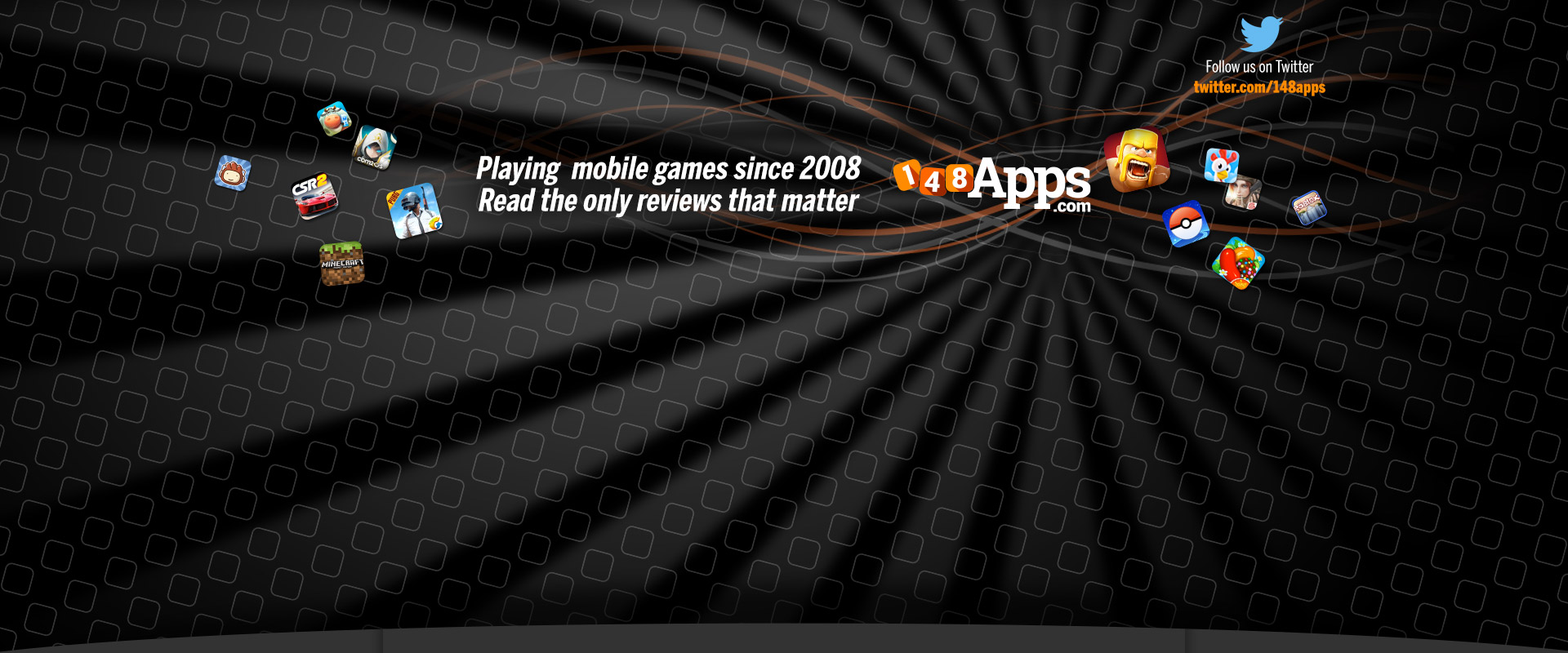Beholder review
Price: $4.99
Version: 1.0
App Reviewed on: iPad Air 2
Graphics/Sound Rating:





User Interface Rating:





Gameplay Rating:





Replay Value Rating:





Overall Rating:





Beholder is a game where you play as a landlord in a totalitarian state. From a gameplay perspective, this shakes out to be a game that's a hybrid of Papers, Please, This War of Mine, and even Dead Rising to a certain extent. The result is a neat clockwork world where you are constantly forced to make some tough decisions, though in a way that's less emotionally affecting than you might think.

Estate espionage
The entirety of Beholder takes place in an apartment building that you are entrusted to run by the government at the very beginning of the game. Your mission is to keep tabs on all of your tenants through surveillance, espionage, and even manipulation to make sure that the will of the government is upheld.
Since this is a totalitarian regime though, there are many, many government directives that you won't necessarily want to follow or seem downright dangerous to uphold. As a game about choice, Beholder lets you decide what you do any don't want to do, whether that involves supporting the government or actively trying to destroy it, and there are risks involved no matter what path you take. All the while, you also want to be making sure that you can fully support your family, which occasionally might require you to do things you don't want to, just so you can earn enough money to keep them satisfied.
Political cross-section
To balance all of the happenings in the apartment all at once, Beholder displays a full cross-section of the building at all times. Moving from room to room is just a simple tap away, and all interactive objects bring up a radial menu to list how you might interact with them once they've been tapped. Using this simple control scheme, you can do a surprising amount of things in Beholder, like break-and-enter into your tenants' quarters or even gather evidence reports to submit to the police.
Simple survelliance and reporting is only where Beholderstarts though. The further you get into the game, the more tenants and others start asking of you in the form of quests. These can be as simple as giving money to your wife to buy things and get as complicated as making assassination attempt on a general living in your building. If that weren't enough, Beholder is a game where time is constantly advancing, and many quests have deadlines. As a result, it's possible to fail quests by not completing them in time, or missing quests that you simply didn't initiate in time.

Priority problem
Between different people asking you do to different things and the limited amount of time you have, Beholder is very clearly trying to force you into making hard decisions. While this sounds like a setup to create some moral quandaries as you play, I found the game mechanics easy enough to manipulate to accomplish just about everything I wanted to by the end of my first playthrough.
Most of the game felt more like an issue of prioritizing tasks than actually considering their ramifications. A lot of this has to do with the fact that Beholder isn't a roguelike. If you mess up at any time or trigger an ending before you want to, you can always load back into your save to try and do things differently. So, if you're ever unsatisfied with decisions you made, it's super easy to undo them.
The bottom line
Beholder is a fascinating game that gives you a cool, clockwork world to play around in. It also tells a story about the difficulties of living in a totalitarian state, but some of that can be overshadowed by the depth of the game's mechanics and the ease with which you can undo decisions you've made. It's still a game worth playing and experiencing, but perhaps one that won't stick with you after you've played through it.



